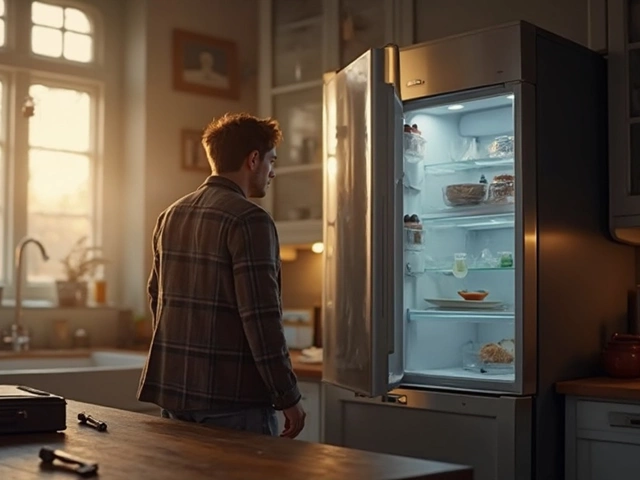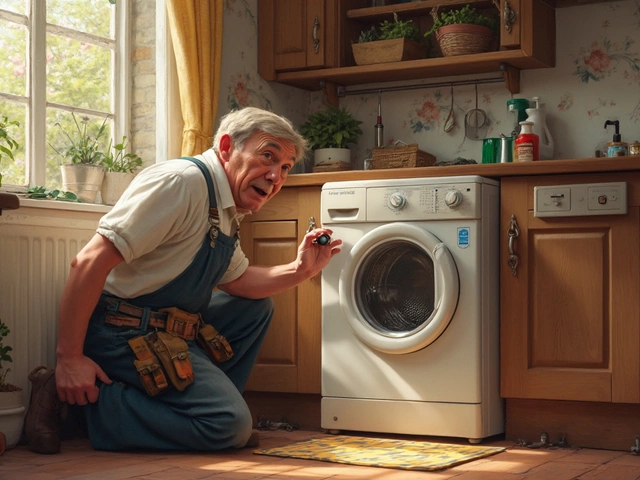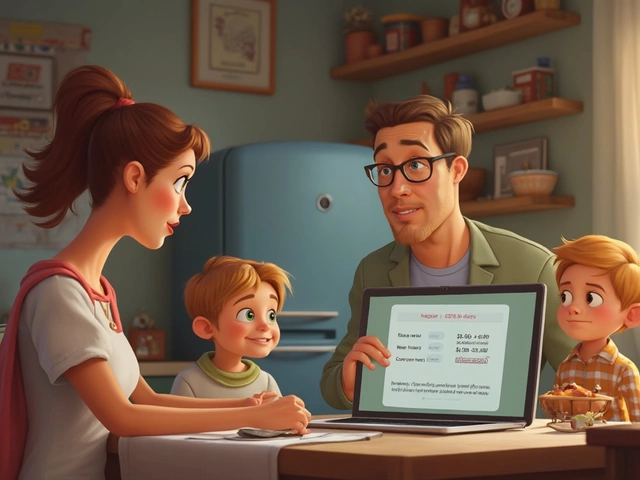When the house feels chilly, the first thing on your mind is fixing the heat. But before you call a technician, there are a few things you can check yourself. Most heating problems have an easy cause – a dirty filter, a tripped switch, or a minor part that needs replacing. This guide walks you through the most common issues and gives you clear steps to get warmth back fast.
Heat pumps are great, but they can act up when the outdoor temperature drops or when they’re not maintained. First, check the thermostat setting – make sure it’s on "heat" and the temperature is higher than the room. Next, look at the outdoor unit. If the fan isn’t spinning, clear away leaves, snow, or debris that could block airflow. A clogged filter inside the unit also reduces heat output; replace it if it looks dirty.
If the unit runs but still blows cold air, the refrigerant level might be low. That’s a job for a certified installer, but you can still avoid damage by turning the system off and scheduling a service. While you wait, use a space heater in the coldest room to keep things comfortable.
Boilers are the heart of many UK homes, and a loss of heat or hot water can freeze daily life. Start by checking the pressure gauge – it should sit between 1 and 1.5 bar when the system is cold. If it’s low, open the filling loop and let water in until the gauge reads the right level, then bleed any radiators that have trapped air.
Next, look at the power supply. A tripped breaker or a blown fuse can shut the boiler down instantly. Reset the breaker or replace the fuse, then try restarting the boiler. If the burner still won’t fire, the thermostat sensor could be faulty; many boilers have a reset button you can press for a few seconds.
For hot water problems, a common culprit is the immersion heater in electric water tanks. Turn the power off at the mains, remove the top cover, and check the element for signs of corrosion. If it looks damaged, swapping it out is usually cheaper than replacing the whole tank.
When you’ve gone through these checks and the heat still won’t come back, it’s time to call a professional. A qualified engineer can test the internal safety valves, check the heat exchanger for scale, and ensure everything is working safely.
Even if you end up needing a pro, doing the basic checks yourself can save you a call‑out fee and give the technician a clear idea of what’s wrong. Plus, you’ll feel more in control of your home’s comfort.
Remember, regular maintenance keeps most heating issues at bay. Clean or replace filters every three months, schedule a yearly boiler service, and keep the outdoor unit clear of debris. A little upkeep now means fewer cold evenings later.
Got a specific heating problem that isn’t covered here? Our team at Bognor Regis Appliance Repair Experts can help. We’ve dealt with everything from noisy heat pumps to stubborn boiler leaks, and we’ll get your home warm again without any hassle.

Electric ovens are handy, but they're not immune to problems. This article breaks down the most common faults people face, from ovens not heating properly to strange noises and error codes. You’ll get real tips on troubleshooting and signs when it’s time to call in the pros. Save time (and maybe some frustration) by knowing what to look out for. Find out why your oven might let you down and how to deal with it.

If your freezer isn't doing its one job—keeping things cold—you're in a pickle. But before you start shopping for a new one, there are a few things you might try to get it back to work. From checking the power source to cleaning coils, fixing cooling problems can often be simple and straightforward. Let's explore some potential solutions to get your freezer chilling again.

An appliance technician plays a crucial role in keeping household and commercial appliances running smoothly. They diagnose issues, perform necessary repairs, and offer maintenance tips to prevent future problems. Understanding their responsibilities helps in appreciating their importance. This article provides insights into the day-to-day duties of an appliance technician and offers tips for those aspiring to join this field.

Deciding between repairing and replacing a freezer can be tricky. This article guides you through evaluating repair costs, expected lifespan, and energy efficiency before making a decision. It provides practical advice to help you make an economical choice, whether to fix or replace your freezer. Learn important factors to consider, like repair frequency and environmental impact, to ensure you spend wisely.

Ever opened your freezer to find squishy ice cream or thawed food when it should be rock solid? This article digs into the real reasons your freezer refuses to stay frozen, from simple mistakes to sneaky mechanical fails. Learn how to spot common culprits, fix minor issues yourself, and know when things are actually serious. Packed with practical tips and straightforward advice, you'll get the cold facts and solutions you need. No jargon, just help you can actually use.

When your electric hob stops working, it's more than just a minor inconvenience—cooking essentials go awry, family meal plans are disrupted. Understanding some common causes and fixes is crucial before calling in the big guns or rushing to buy a new unit. From circuit issues, faulty sensors, and even user errors, many problems have straightforward solutions. This guide walks you through troubleshooting steps and shares tips to keep your hob cooking strong.